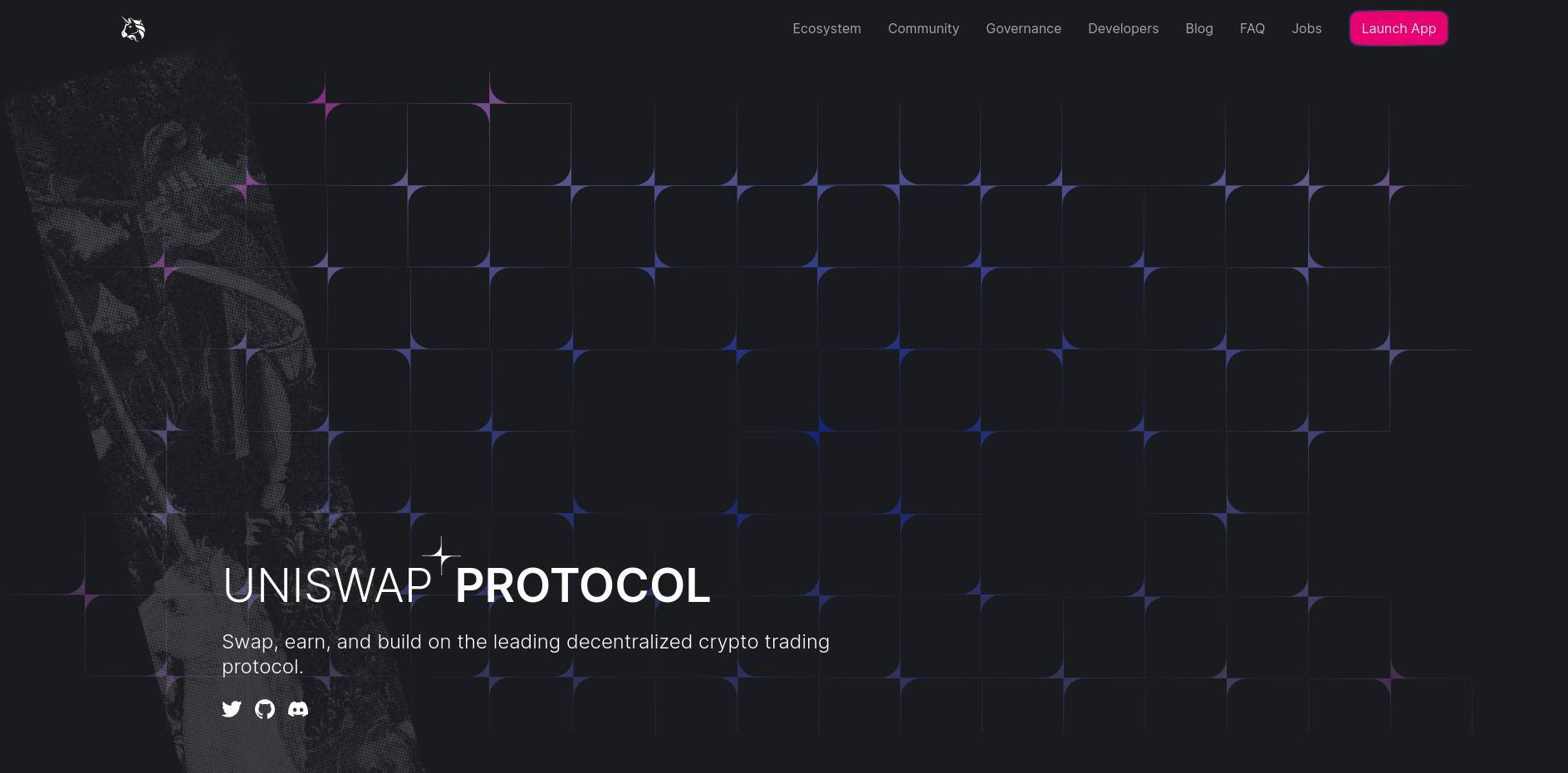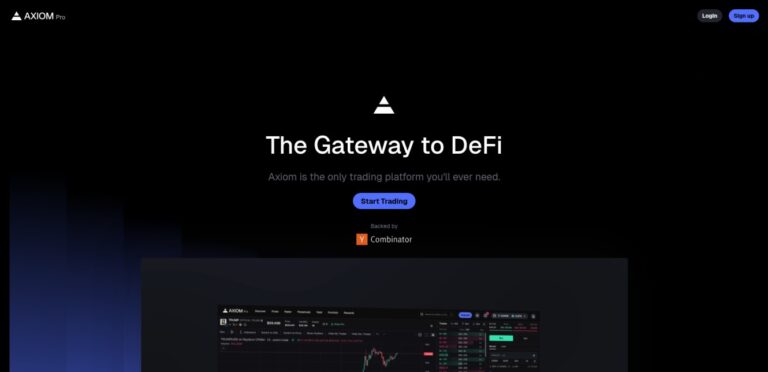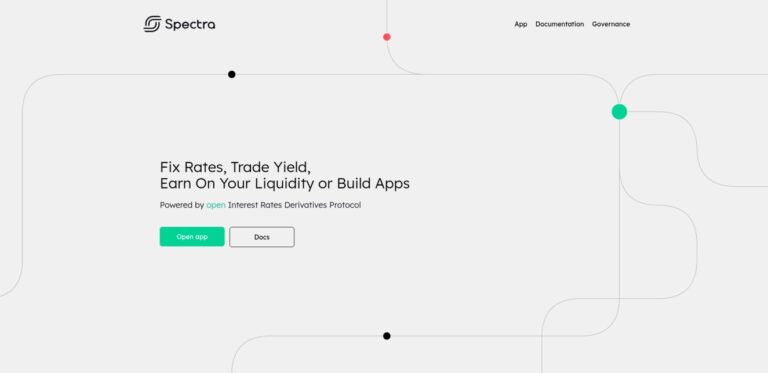What is Uniswap?
Uniswap is a decentralized exchange (DEX) protocol built on the Ethereum blockchain, allowing users to swap ERC-20 tokens directly from their wallets without relying on a centralized intermediary. Launched in November 2018 by Hayden Adams, Uniswap has revolutionized the DeFi space by introducing an automated market maker (AMM) model that uses liquidity pools instead of traditional order books.
In the AMM model, liquidity providers supply pairs of tokens to create liquidity pools. The protocol then uses a constant product formula to determine the price of tokens within these pools based on their supply and demand. This mechanism ensures that the price of a token changes only when trades occur, maintaining a balanced and efficient market.
Uniswap operates entirely on smart contracts, which automate all transactions and ensure they are secure and transparent. This decentralization means users always retain control over their funds, mitigating risks associated with centralized exchanges. Additionally, anyone can list a new token on Uniswap by creating a corresponding liquidity pool, making it a highly accessible and open platform.
The protocol has undergone several upgrades, with Uniswap V2 launched in May 2020 and Uniswap V3 in May 2021. Uniswap V3 introduced features like concentrated liquidity, allowing liquidity providers to allocate capital more efficiently across specific price ranges, and multiple fee tiers, enhancing the flexibility and profitability of liquidity provisioning.
Uniswap's governance is managed through its native token, UNI, which was introduced in September 2020. UNI holders can vote on protocol changes and improvements, contributing to the platform's decentralized governance model. Uniswap's open-source nature and permissionless design have also inspired numerous other DEXs, fostering a vibrant ecosystem of decentralized financial services.



